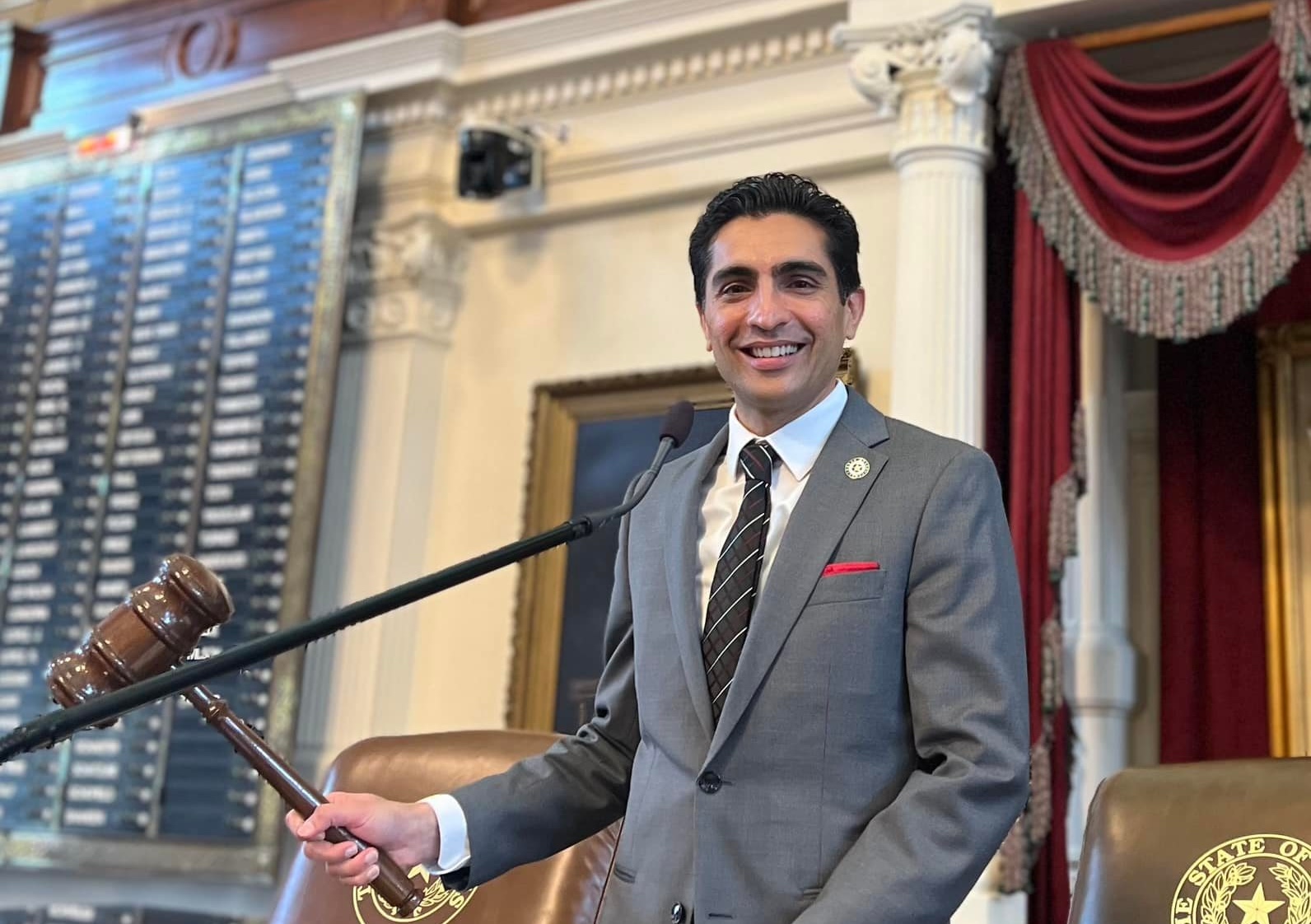Despite official statements to the contrary, a preliminary review conducted by Houston ISD’s own Office of Internal Audit confirmed the obvious by determining that, “inflation itself is not the key driver in the request for additional [bond] funds.”
The audit’s findings directly contradict Superintendent Terry Grier’s earlier statement that the shortfall was a result of skyrocketing construction costs and inflation. Interestingly enough, the district limited the scope of the audit so that it was specifically, “not designed to identify fraud.”
Using two separate analyses, the audit found that the average inflation rate was about 8% for Houston-area construction from 2012 to 2015. HISD, however, had a reported inflation rate of 38.75% for that same time frame.
The audit identified other key factors which contributed to the massive shortfall, including:
- Lack of competitive bidding at the sub-contractor level. Sub-contractor costs made up about $1 to $1.1 billion of the total originally approved bond budget.
- The audit identified nine contracts tagged with a “not to exceed” price tag where the maximum price was negotiated to exceed the pre-determined amount.
- The district, specifically Construction and Facility Services, did not perform a project-by-project evaluation when determining the $211 million needed to cover the shortfall. The audit notes that this leads to scope creep, and doesn’t provide an accurate picture of work completed versus what needs to be done to meet the originally promised project standards.
HISD management responded to the audit’s inherent criticisms by stating, “This Audit Report inaccurately creates a perception that mismanagement within the bond program has created a budget problem requiring an additional $211 million in funds. That conclusion stems from flawed methodology, including insufficient data review, limited and biased research, and a profound lack of understanding of the Houston economic climate.”
Unfortunately, district management is once again trying to point and blame rather than accept responsibility and fix the problems within HISD. It is also noteworthy that HISD management doesn’t have faith in the district’s own internal audit department, saying their research was “limited and biased.”
Since the shortfall revelation, we have learned that some HISD officials were indeed alerted to instances of waste and mismanagement far enough in advance to correct the problem. Grier, who has since announced his resignation, is primarily responsible because he is the captain of HISD’s ship.
The administration’s response goes on to continue to blast their own audit office, “The Office of Internal Audit was requested to review the accuracy of this calculation alone, but instead veers off into unsubstantiated and irresponsible allegations of bond mismanagement by CFS staff, administration, architects, program managers and contractors…CFS staff have been fiscally responsible in managing the bond program and are confident they can fulfill the District’s obligation to the students, faculty, and HISD voters with the prompt approval of the $211 million request.”
If the district had actually been fiscally responsible they would have factored in inflation costs in the original budget, and wouldn’t be currently clamoring to find hundreds of millions of dollars to fulfill promises made in the largest bond proposal in Texas school history. This is an obvious attempt by the district’s administration to deny any wrongdoing and point to nebulous “market conditions” — when all of the evidence suggests otherwise.




